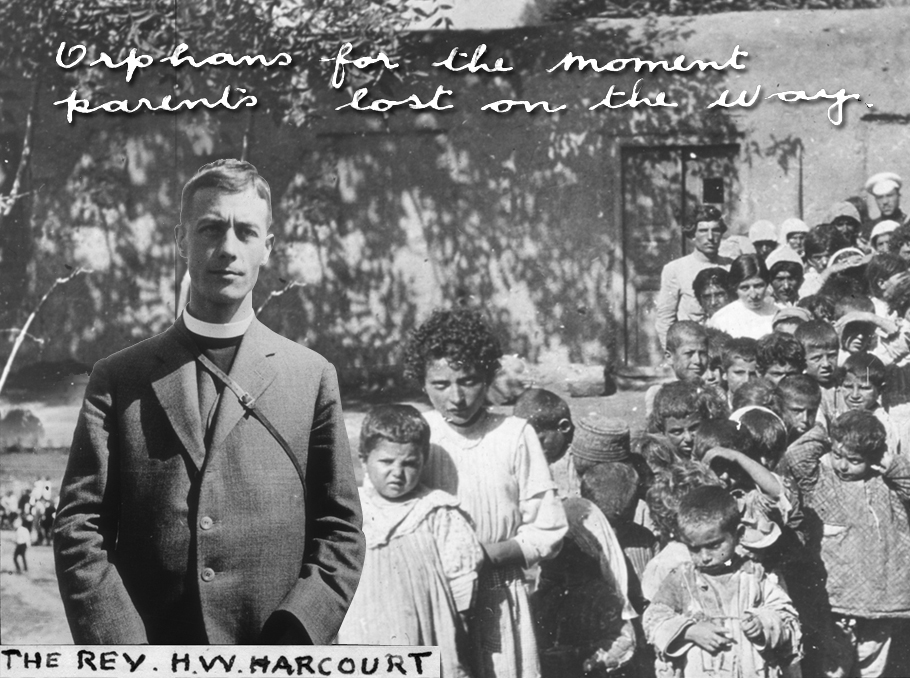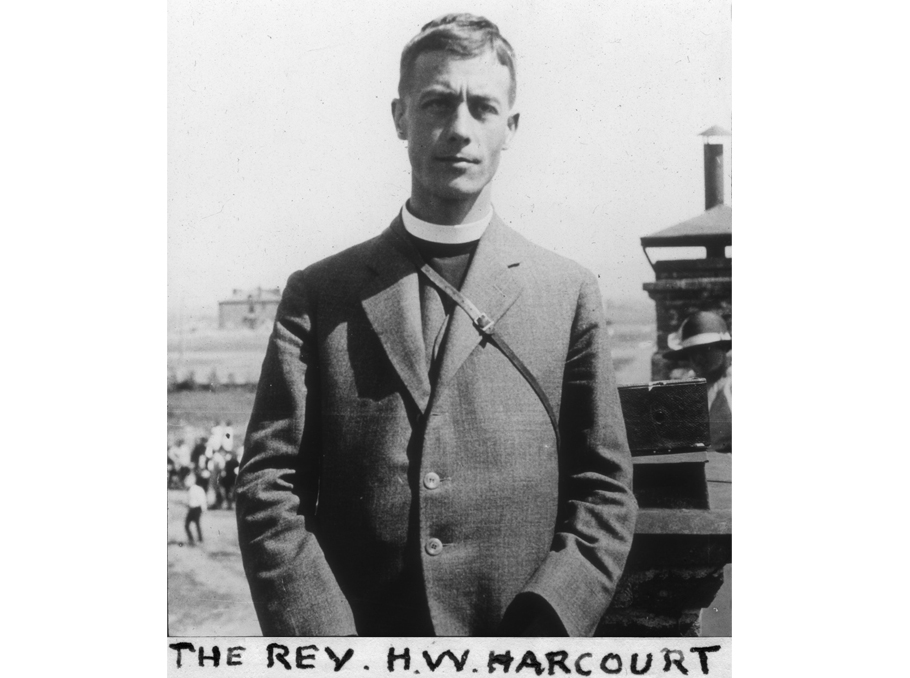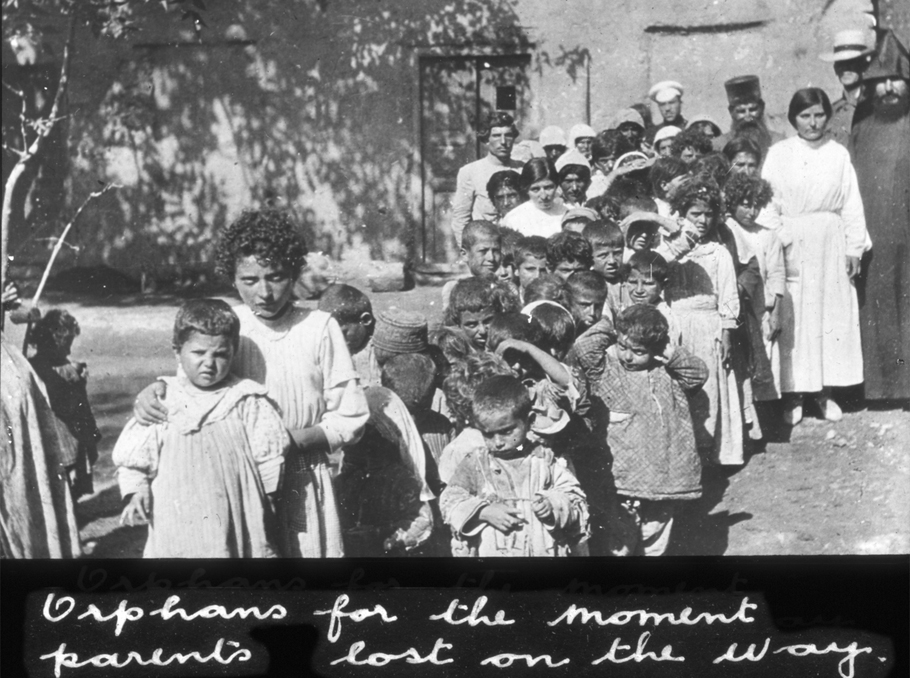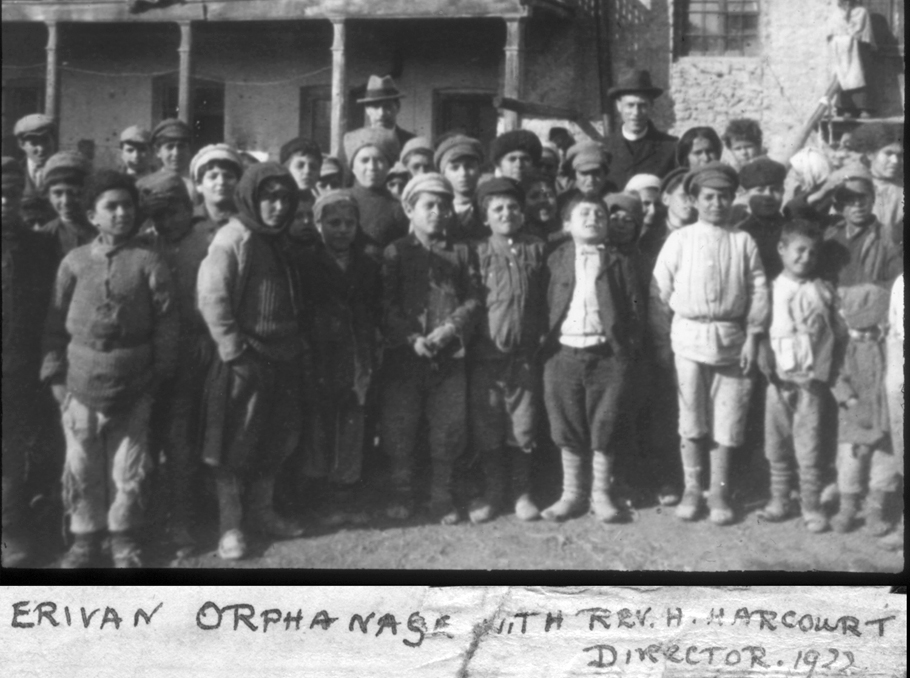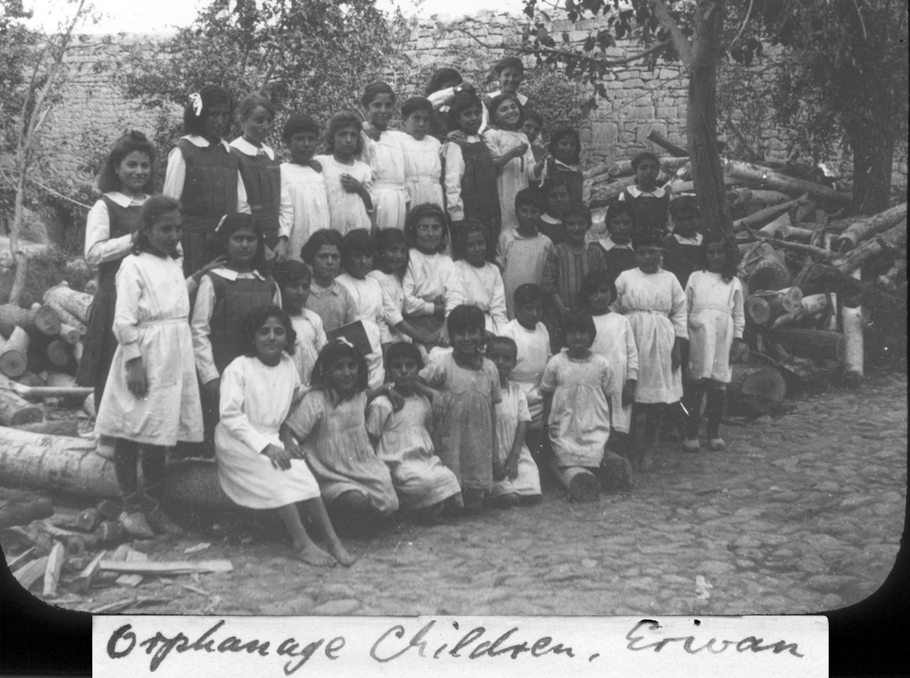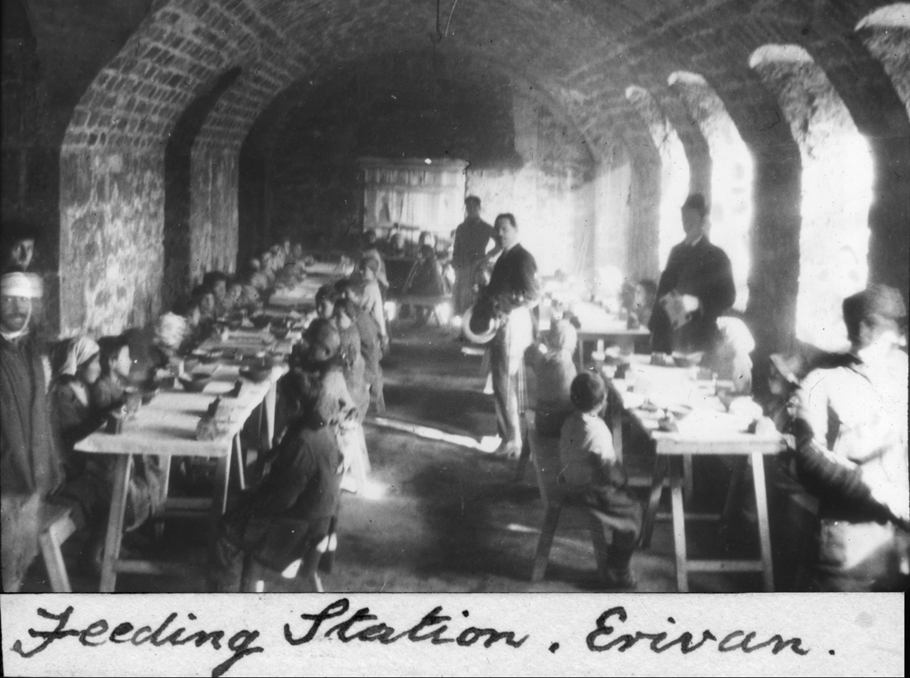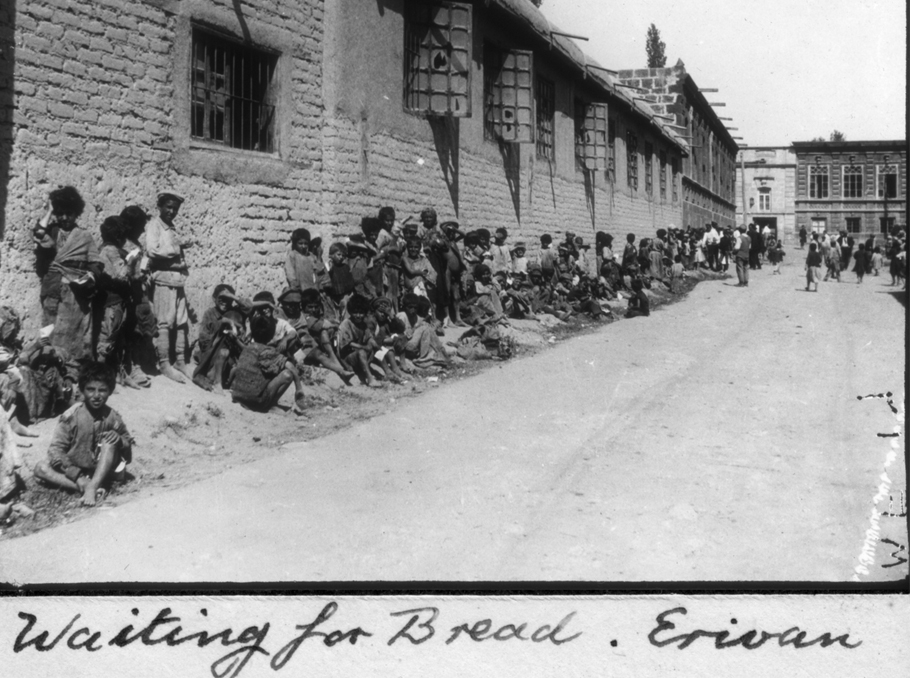In April 2015, the month in which world marked the 100 years since the Armenian genocide, the Guardian asked readers in the country, and those in Diaspora, to share their stories of how the violence had affected their family history.
The project, led by the New East network, had a an overwhelming response with over 500 people sending letters, photos and testimony, some of which were used in the coverage of the centennial.
A year on and Mediamax have worked with the Guardian to revisit some of the stories, published here as we approach the 101st anniversary.![]()
Lucine Shahbazian, UK
Both of my grandfathers were direct survivors of the Armenian Genocide. My paternal grandfather, Varos Shahbazian, came from Kaghzvan in Kars. He died when I was 10 years old.
Varos was born in around 1910 and his mother died when he was a baby. His father, Avedis Shahbazian, later remarried, and Avedis and his new wife had some children together, in addition to the four sons that Avedis had – Tatos, Bachrad, Beno and Varos – and the two that his new wife had had previously.
Avedis and his wife were killed by the Turks. It might have been in 1917, because when he was around the age of 7, Varos was taken and put up for sale in a market square, given a new identity and “adopted” into a Turkish family, probably to be a servant. I believe he was 10 when he ran away. He ended up in Yerevan in an orphanage run by English missionaries.
In England at this time the Lord Mayor’s Fund started an Armenian Relief Fund. This become aligned with the Save the Children Fund, which help fund the work in Armenia. In around 1920 the Reverent Hubert Harcourt went to Armenia to work as a relief agent for the Lord Mayor’s Fund, which he did for 3.5 years. He was the director of an orphanage in Yerevan and it was during this time that he found my grandpa Varos, then a rather wild child of about 10 and decided to adopt him.
We do not know for sure why he chose to adopt grandpa, but it may have been linked in to his own loss of his youngest brother Arthur, who died in 1917 aged 19, fighting in the First World War. However, keeping track of Varos was no plain sailing: at one point while they were on a train Varos tried to run away – he did not want anyone else to take charge of him – and there was a chase on the train. The Rev Harcourt sent Varos back to England to stay with his sister Elise and their mother, while he carried on his work in Armenia.
In Armenia the Rev was approached by a young soldier asking about his brother. Tatos had been trying to find Varos, and through the Rev they got back in touch, though the brothers rarely saw each other again. Grandpa remained in England while his siblings were all in Armenia and Russia.









